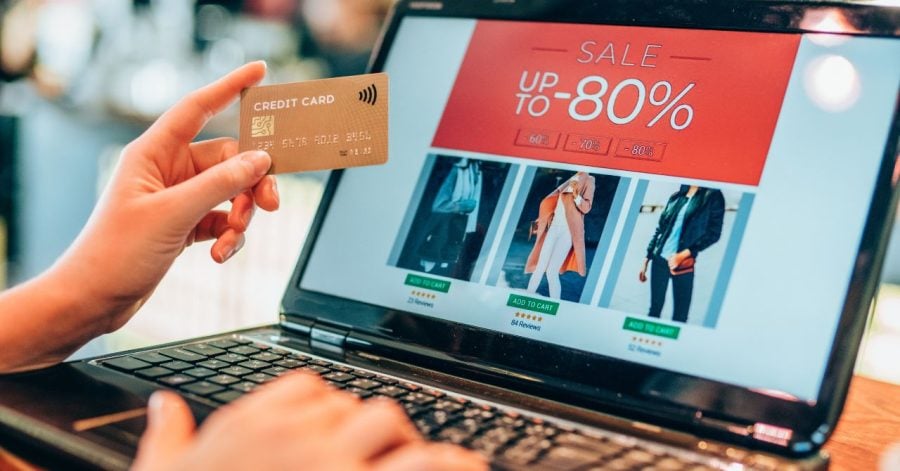• Klarna has bought a one-way ticket for a Hellenic holiday this summer! The Swedish fintech unicorn, which offers an e-commerce payment solution, has just entered the Greek market.
• After raising €3.5B in funding, the company is trying to scale slowly, but surely, amid economic turbulence.
• Klarna Greece wants to offer users flexible and transparent payments, and companies a new tool to grow their business.
Klarna main purpose is to give users their freedom back when it comes to how they purchase what they crave. Customers can choose to pay directly, after the delivery, or with the help of installment plans. The regulated neobank promotes the “buy-now-pay-later” model, aiming to cut interest fees.
The fintech company was founded back in 2005, in Stockholm, by Niklas Adalberth, Sebastian Siemiatkowski, and Victor Jacobsson.
In Greece, the team will be led by Elias Pitsavos. He has been working with the company for the past two years and will be returning to Athens after over a decade of living abroad.
“Greek shoppers can now save time and money, be informed, and be in control by using Klarna’s Pay in 3 online services. We look forward to offering consumers flexible and transparent payments and an overall elevated shopping experience, as well as working with merchants to grow their business in Greece and internationally,” Elias Pitsavos, Head of Klarna Greece, shares with The Recursive.
The buy-now-pay-later bubbling niche
The company, valued at around €43B last year and around €30B this year, is seen as an innovator in the “buy-now-pay-later” (BNPL) bubbling niche. While recent news has been about the 10% of layoffs, the fintech is moving forward by showing VC prospects their scalability skills.
The team aims to bring transparency to financial plans as more consumers want a personalized retail experience and are stepping farther away from the credit hassle. This type of solution is also appreciated by younger generations that don’t have high liquidities.
Active in over 20 markets, Klarna hires 5000 employees and makes it possible for over 150M active global users to pay at partnered shops in three interest-free payments. The business model doesn’t require consumers to pay, but they do charge retailers, like Public Group, CosmosSport, H&M, and Spitishop, a monthly fee.
The global “buy-now-pay-later” market was valued at over €80B in 2020 and it was projected to grow to over €3T by 2030. In Greece, the market has grown considerably, pushed by the pandemic, and is expected to reach over €600M by the end of 2022.
Next to Klarna Greece, other local fintech players in Greece are Viva Wallet, a challenger bank targeting SMEs that is looking into the BNPL offering; and Finloup, which provides installment payment plans. But traditional banks are also tapping into this market with similar solutions.







